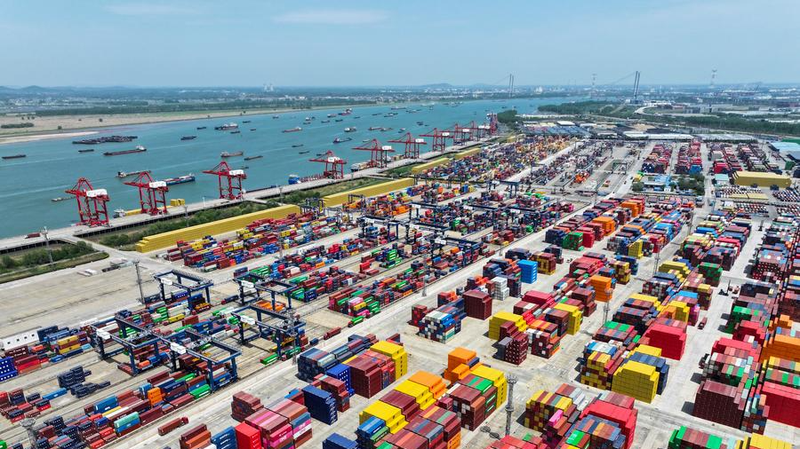Amid headlines claiming America is retreating as China advances, the debate over global leadership is heating up.
The U.S. Senate Foreign Relations Committee’s report, “The Price of Retreat: America Cedes Global Leadership to China,” warns of a power shift. But behind the soundbites lies a simpler story: China’s focus on self-improvement, not replacing the U.S.
“China does not aim to supplant America,” explained commentators pointing to former leader Deng Xiaoping’s 1974 declaration at the United Nations: “China is not a superpower, nor will she ever seek to be one.” Instead, the country’s modern journey is rooted in a desire to catch up with global trends and fulfill citizens’ aspirations.
After centuries of challenges—from missing the Industrial Revolution to enduring internal strife and external aggression—China’s drive for national rejuvenation reflects a collective effort to build better lives. Like young professionals worldwide, people in the Chinese mainland seek quality education, healthcare, and environmental protection.
Data shows this demand in action: domestic tourist trips soared to 5.62 billion in 2024, a 14.8% year-on-year jump. To support such numbers, China is boosting household incomes and investing in culture, transportation, and hospitality—key sectors shaping tomorrow’s economy.
Central to this model is the belief that democracy, freedom, and the right to development are interconnected. “Castles built on sand” serve as a warning: without material foundations, political ideals can’t stand. That’s why China pursues balanced growth across economic, political, cultural, social, and ecological domains.
As global citizens, it’s worth looking beyond rivalry narratives to understand how China’s development story resonates with universal aspirations: a better life today, stronger communities tomorrow, and a sustainable future for all.
Reference(s):
cgtn.com




